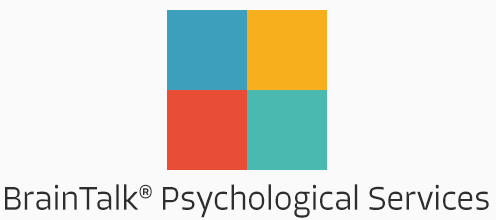COGNITIVE ASSESSMENTS
Cognitive assessments, also referred to as intelligence tests, are used to determine a child’s learning capacity or IQ by examining their general thinking, reasoning, and problem-solving abilities. The assessments assist in identify a child’s strengths and weaknesses by assessing several domains. The cognitive test results in conjunction with background information from parents and teachers, can assist in creating informed individualised and differentiated learning plans for children and adolescents in school. They also provide information and recommendations for parents and educators in how to best support children to reach their full potential.
Cognitive assessments can be useful in the examination of:
• Intellectual Giftedness
• Specific Learning Disabilities
• Intellectual Disability
• Intellectual Giftedness
• Specific Learning Disabilities
• Intellectual Disability
Cognitive assessments are conducted by psychologists.
ACHIEVEMENT TESTS
Achievement tests assist in identifying the academic strengths and weaknesses of a student in areas of the curriculum such as reading, writing and mathematics. Information gathered from these assessments can assist in creating informed decisions about eligibility for educational services, diagnosis of a specific learning disability and provide appropriate accommodations, learning strategies and interventions for students in the educational setting.
An achievement assessment such as the WIAT-III is individually administered test to individuals from 4 years to 19 years of age. It can take up to 2 hours to administer an achievement assessment and generate a Total Achievement Score that indicates overall academic functioning. An achievement assessment assesses an individual’s capabilities in:
1. Reading
2. Writing / Spelling
3. Maths
4. Oral Expression
5. Listening Comprehension
1. Reading
2. Writing / Spelling
3. Maths
4. Oral Expression
5. Listening Comprehension
Achievement tests can be useful in the examination of:
• Intellectual Giftedness.
• Specific Learning Disabilities for instance dyslexia and dyscalculia.
• Strengths and weaknesses of academic abilities.
• Identification of learning difficulties.
• Intellectual Giftedness.
• Specific Learning Disabilities for instance dyslexia and dyscalculia.
• Strengths and weaknesses of academic abilities.
• Identification of learning difficulties.
COMPREHENSIVE EDUCATIONAL ASSESSMENTS
Comprehensive educational assessments include both the cognitive and achievement assessments and provide extensive information about a child’s learning potential and capabilities. They assist parents and educators in supporting children to reach their full potential.
ASD & ADHD ASSESSMENTs
Autism spectrum disorder (ASD) and attention deficit hyperactivity disorder (ADHD) are neurodevelopmental disorders. Both ASD and ADHD shape individuals differently and each person may experience various characteristics that influence their social interactions, learning and behaviours.
An ASD and ADHD assessment can provide explanations to parents, guardians, and teenagers about behaviours. These assessments also:
• Provide a child or teenager the opportunity to understand their neurodiversity.
• Informs parents and schools about implementing appropriate and varying levels of support for the child or teenager.
• Can increase a child’s self- awareness, self-esteem, and self-worth if they can better understand themselves.
These assessments can assist parents and educators in understanding and supporting children to reach their full potential.• Provide a child or teenager the opportunity to understand their neurodiversity.
• Informs parents and schools about implementing appropriate and varying levels of support for the child or teenager.
• Can increase a child’s self- awareness, self-esteem, and self-worth if they can better understand themselves.
